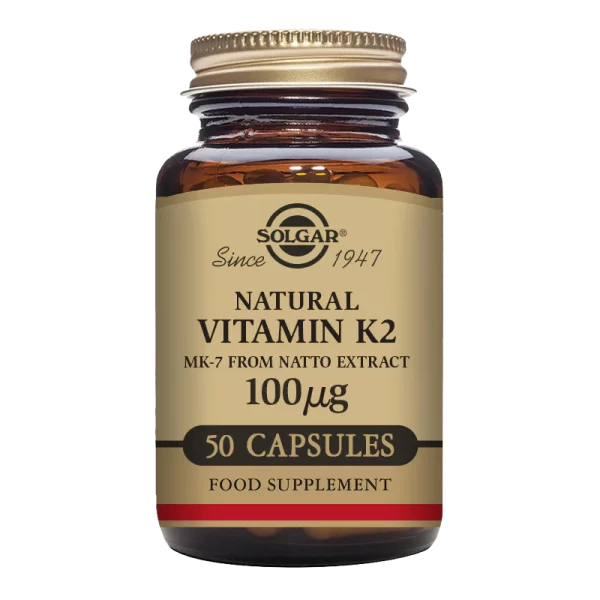
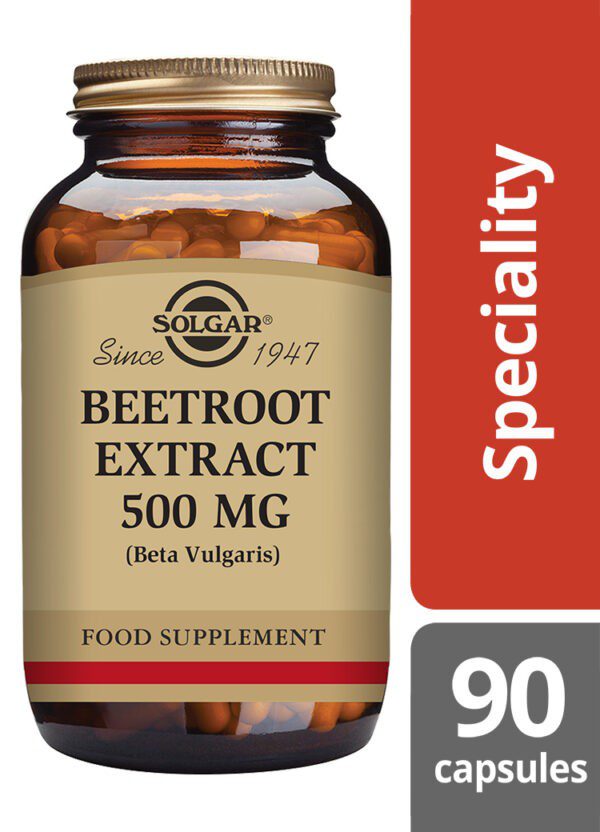
Vitamin K1 100 mcg 100Tablets Solgar
£8.50 Original price was: £8.50.£6.59Current price is: £6.59.
Vitamin K1
Vitamin K1, also known as phylloquinone, is a fat-soluble vitamin that plays a crucial role in blood clotting and bone health. Here are some of the key benefits of vitamin K1:
Vitamin K1 Benefits
1. **Blood Clotting**: One of the primary functions of vitamin K1 is its role in blood clotting. It is essential for the production of certain proteins involved in the coagulation process, which helps stop bleeding and promote wound healing.
2. **Bone Health**: Vitamin K1 is necessary for the synthesis of osteocalcin, a protein involved in bone mineralization. Adequate vitamin K1 levels contribute to maintaining strong and healthy bones, which may reduce the risk of fractures and osteoporosis.
3. **Cardiovascular Health**: Some studies suggest that vitamin K may have a role in promoting cardiovascular health. It is believed that vitamin K1 could help prevent the calcification of arteries, potentially reducing the risk of cardiovascular diseases.
4. **Antioxidant Properties**: Vitamin K possesses antioxidant properties, which means it can help neutralize free radicals and protect cells from oxidative stress.
5. **Immune Function**: Vitamin K may also play a role in supporting the immune system, though further research is needed to fully understand its impact.
6. **Skin Health**: Vitamin K has been used topically to help reduce bruising and promote wound healing, as it may aid in clot formation and blood vessel support.
7. **Cognitive Health**: Some preliminary research suggests that adequate vitamin K1 levels may be associated with better cognitive function and a reduced risk of cognitive decline.
8. **Cancer Prevention**: There is some evidence that vitamin K may have anti-cancer properties and could potentially help in preventing certain types of cancers. However, more research is needed in this area.
It’s worth noting that vitamin K is generally found in green leafy vegetables, such as spinach, kale, broccoli, and Brussels sprouts, as well as in certain vegetable oils. Since it is a fat-soluble vitamin, it’s essential to consume some dietary fat along with vitamin K1 sources to aid its absorption.
As with any supplement or nutrient, it’s important not to exceed recommended daily intake levels without consulting a healthcare professional, especially for individuals taking blood-thinning medications (anticoagulants) or those with certain medical conditions.
Vitamin K can interact with some medications, affecting their effectiveness, so it’s crucial to seek guidance from a healthcare provider regarding vitamin K intake if you are on any medications or have health concerns.
Solgar Vitamin K (Phytomenadione) 100 mcg Tablets contains Vitamin K, a fat-soluble vitamin. There are 3 types of Vitamin K; K1 (Phytomenadione) is derive from food, K2 (Menaquinone) is produce by intestinal bacteria.


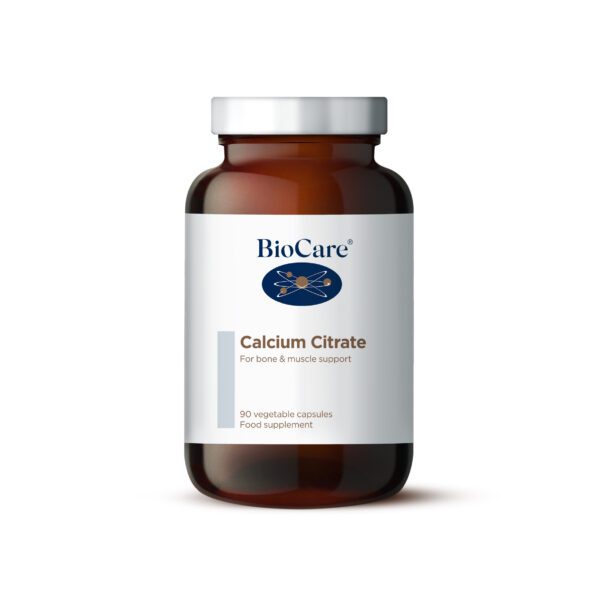
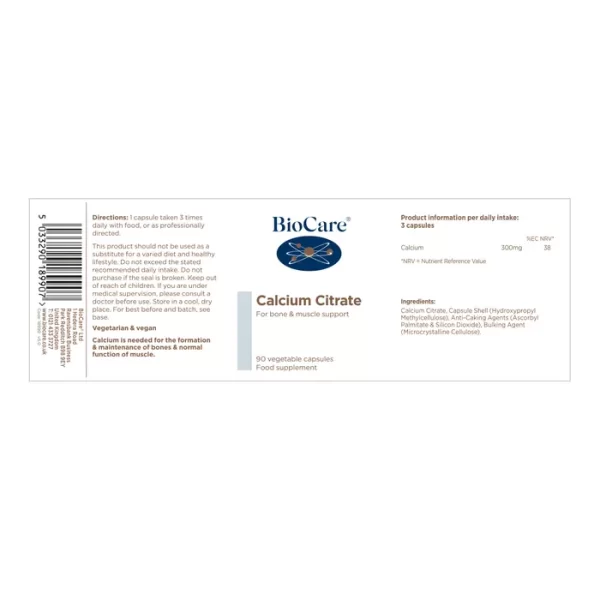
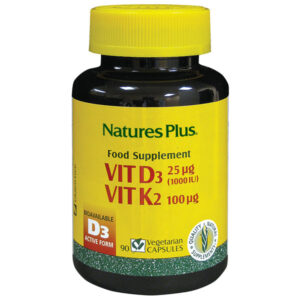
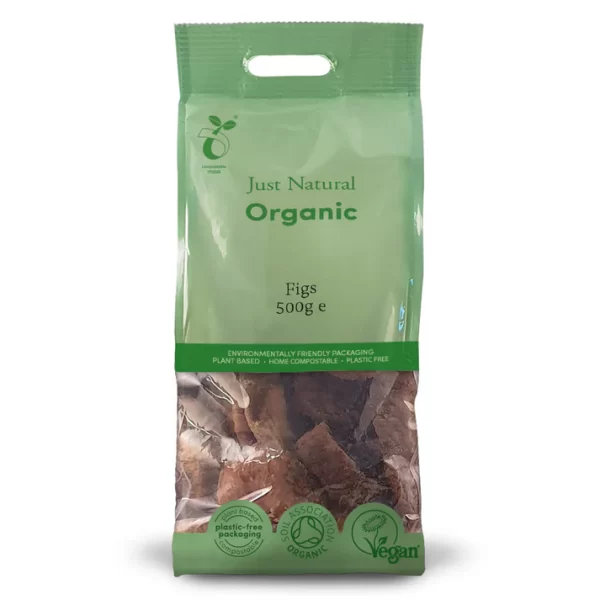
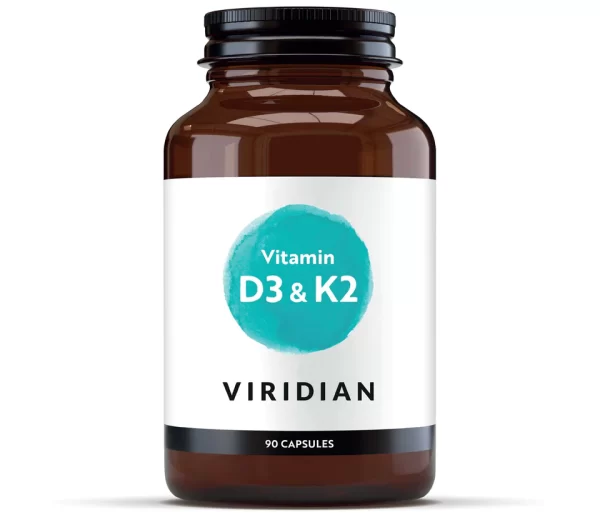
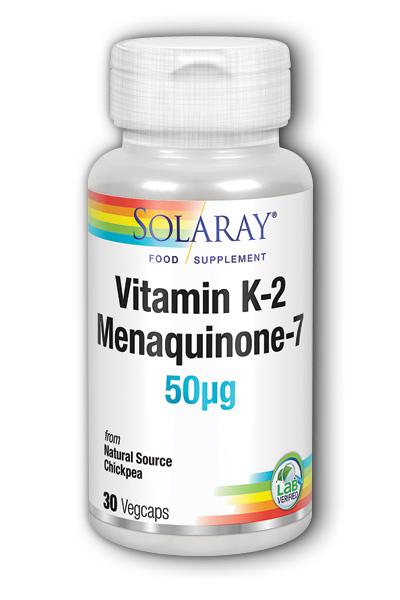
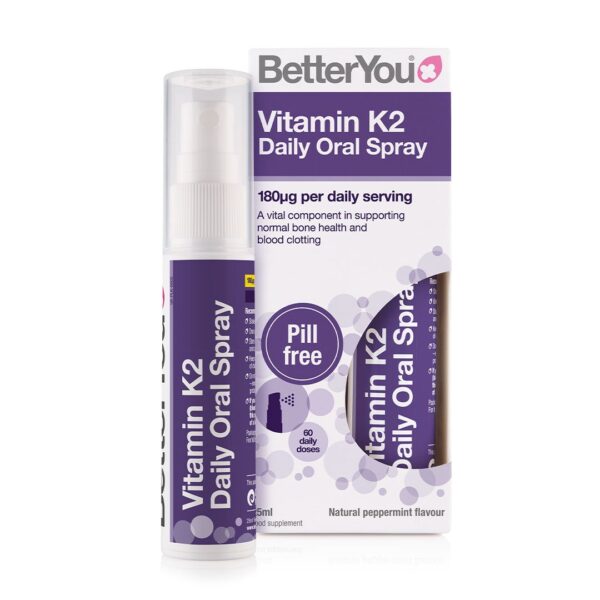
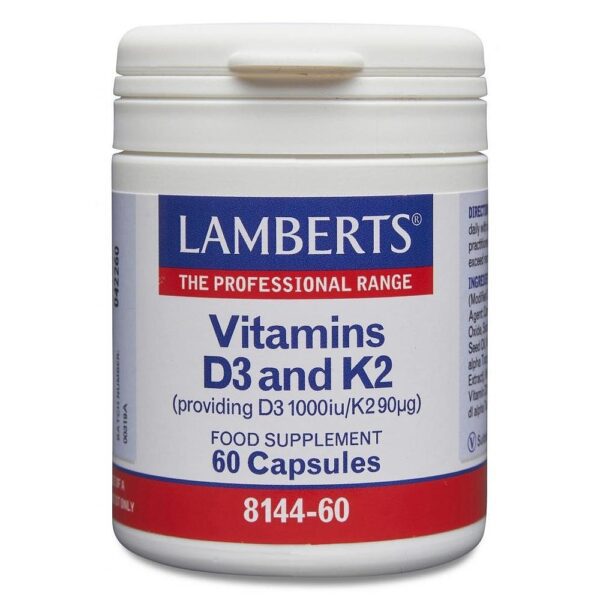




Reviews
There are no reviews yet.